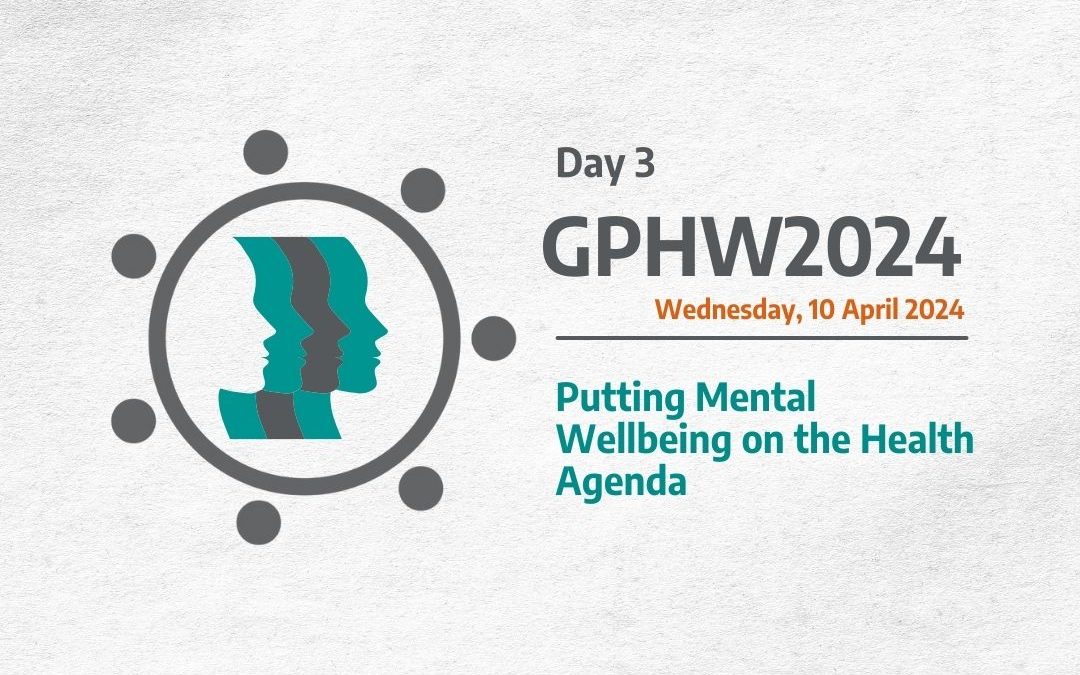
Recap of Day 3: Highlights from GPHW2024
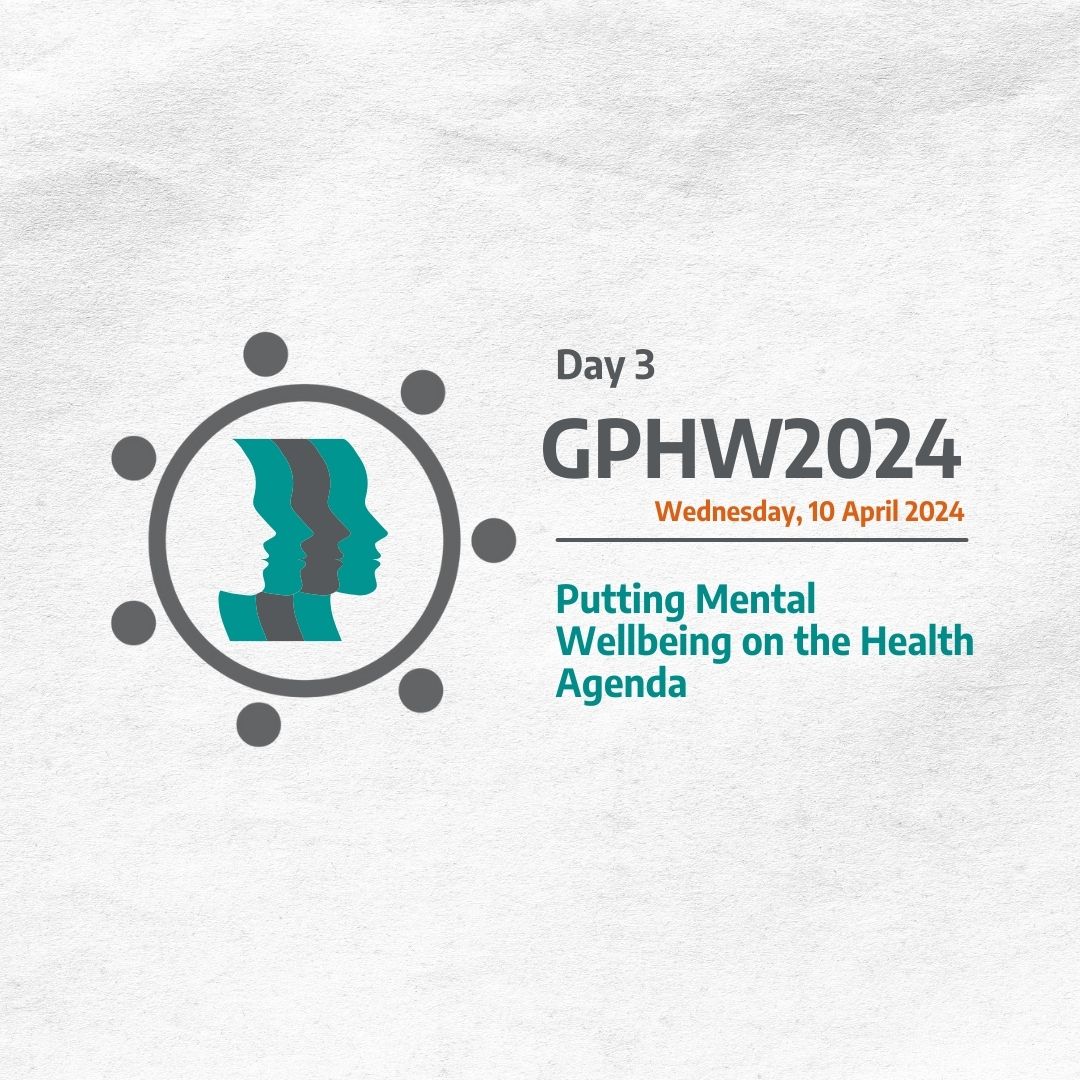
Recap of Day 3: Highlights from GPHW2024
News
Apr 10, 2024
Day 3 of Global Public Health Week 2024 witnessed a diverse array of insightful discussions and interviews, all centered around the theme of “Putting Mental Wellbeing on the Health Agenda.” Attendees were treated to a rich tapestry of topics, ranging from addressing infectious diseases to examining the intricate intersections of mental health with various social, environmental, and global challenges.
The day kicked off with a compelling discussion on addressing malaria, featuring former WFPHA President Prof Michael Moore and Prof Bruce Anderson. They delved into the urgent need for action against malaria, emphasizing the importance of developing effective interventions and distributing vaccines to combat the disease.
Next, attention turned to the mental health struggles faced by Afghan women and girls in the aftermath of Taliban rule. The webinar, Unveiling Hidden Struggles: Mental Health of Afghan Women and Girls, shed light on their challenges and advocated for their access to mental health services. Participants explored resilience-building strategies and highlighted the importance of global solidarity in supporting Afghan females.
Throughout the day, attendees engaged in discussions on community resilience, the impact of climate change on mental health, and the cultural competency needed in perinatal mental health care. The conversations underscored the importance of interdisciplinary collaboration and holistic approaches in addressing mental health inequities and promoting well-being.
Furthermore, participants had the opportunity to explore the evolution of health systems, such as the District Health System in South Africa, and the significance of sustainable funding for resilient health infrastructure. Interviews with experts provided valuable insights into the pandemic’s impact on health infrastructures and the ongoing efforts to combat diseases like measles featuring Martha Rebour, Executive Director of Shot@Life. Her insights shed light on the multifaceted nature of the measles challenge and emphasized the need for sustained commitment and collaboration to achieve lasting impact.
As the day concluded, discussions centered on translating essential public health functions into education curricula and the role of infodemics in public health. Experts shared strategies for strengthening workforce education and addressing misinformation, underscoring the importance of evidence-based approaches in public health practice.
Tomorrow we will commence Day 4 with the theme “Promoting a Sustainable Life for Thriving Communities”.

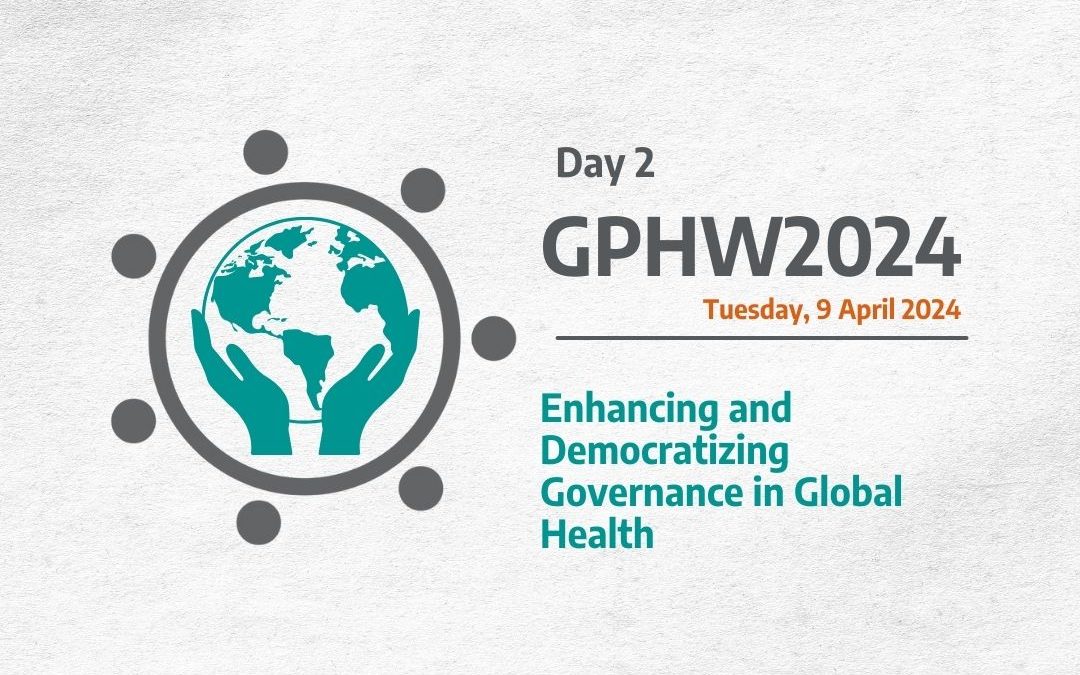
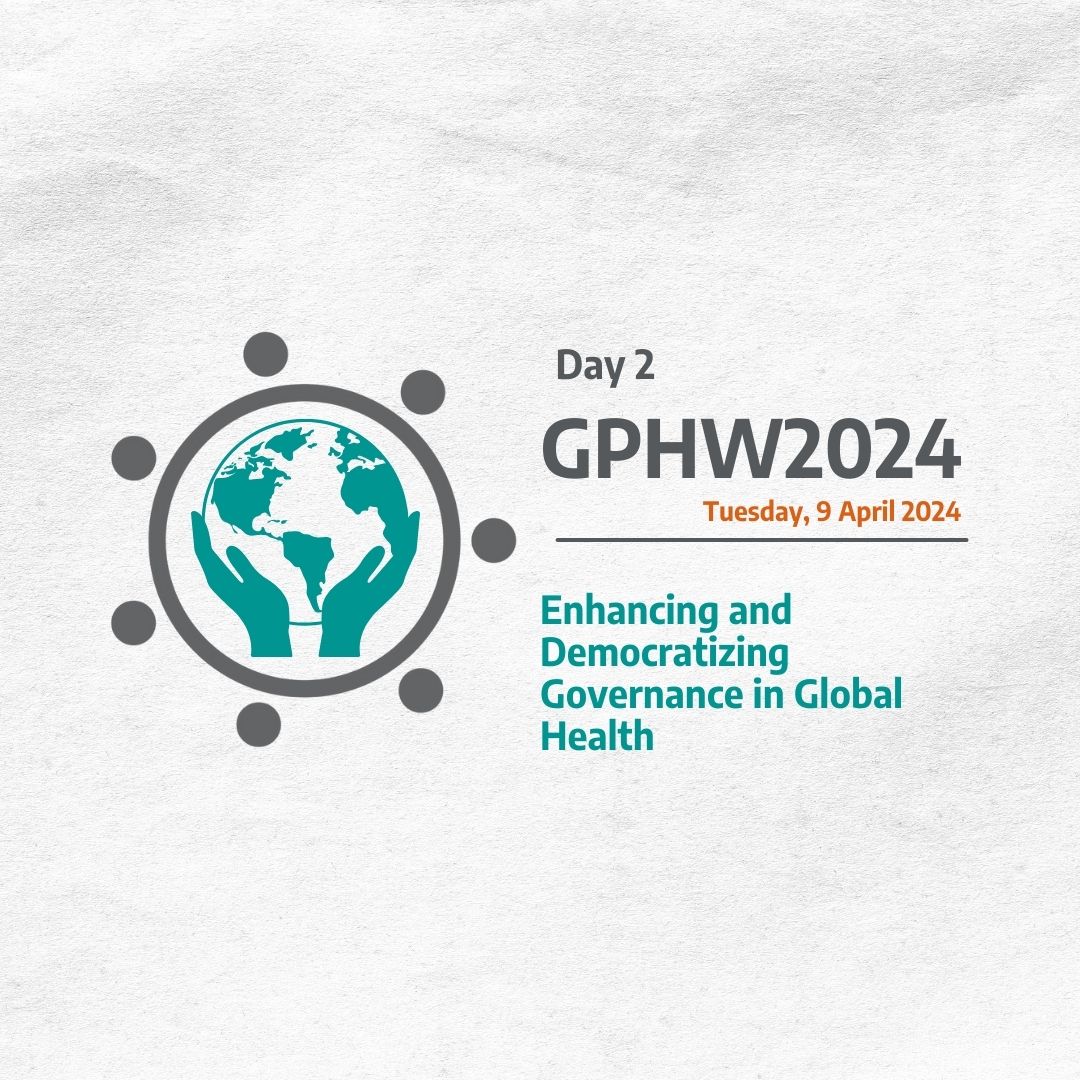
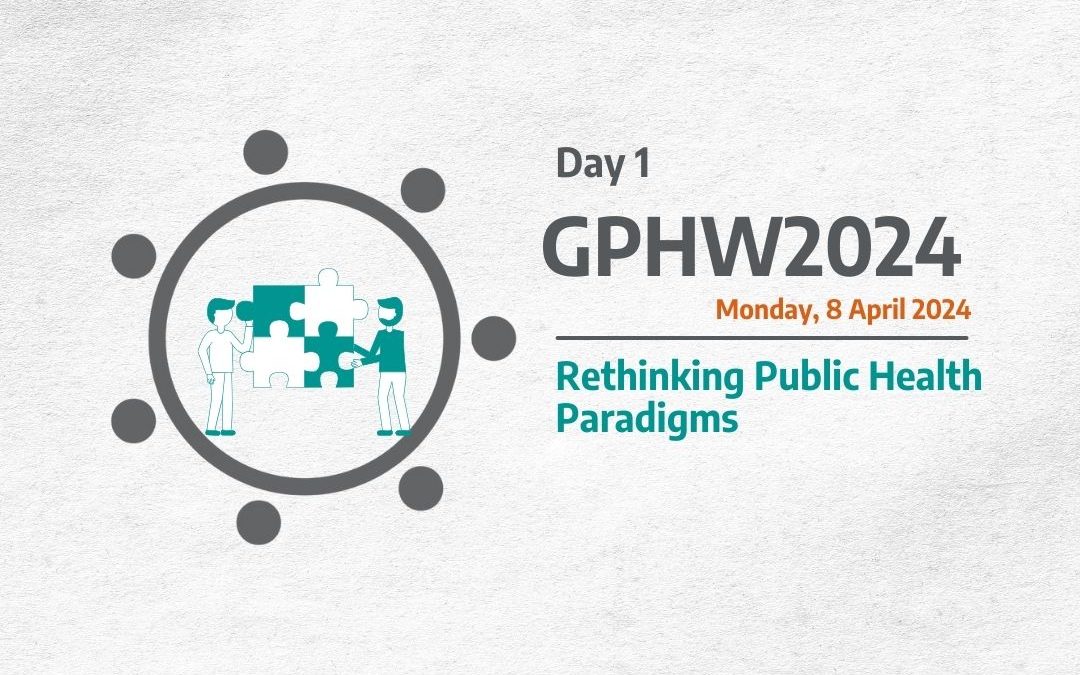
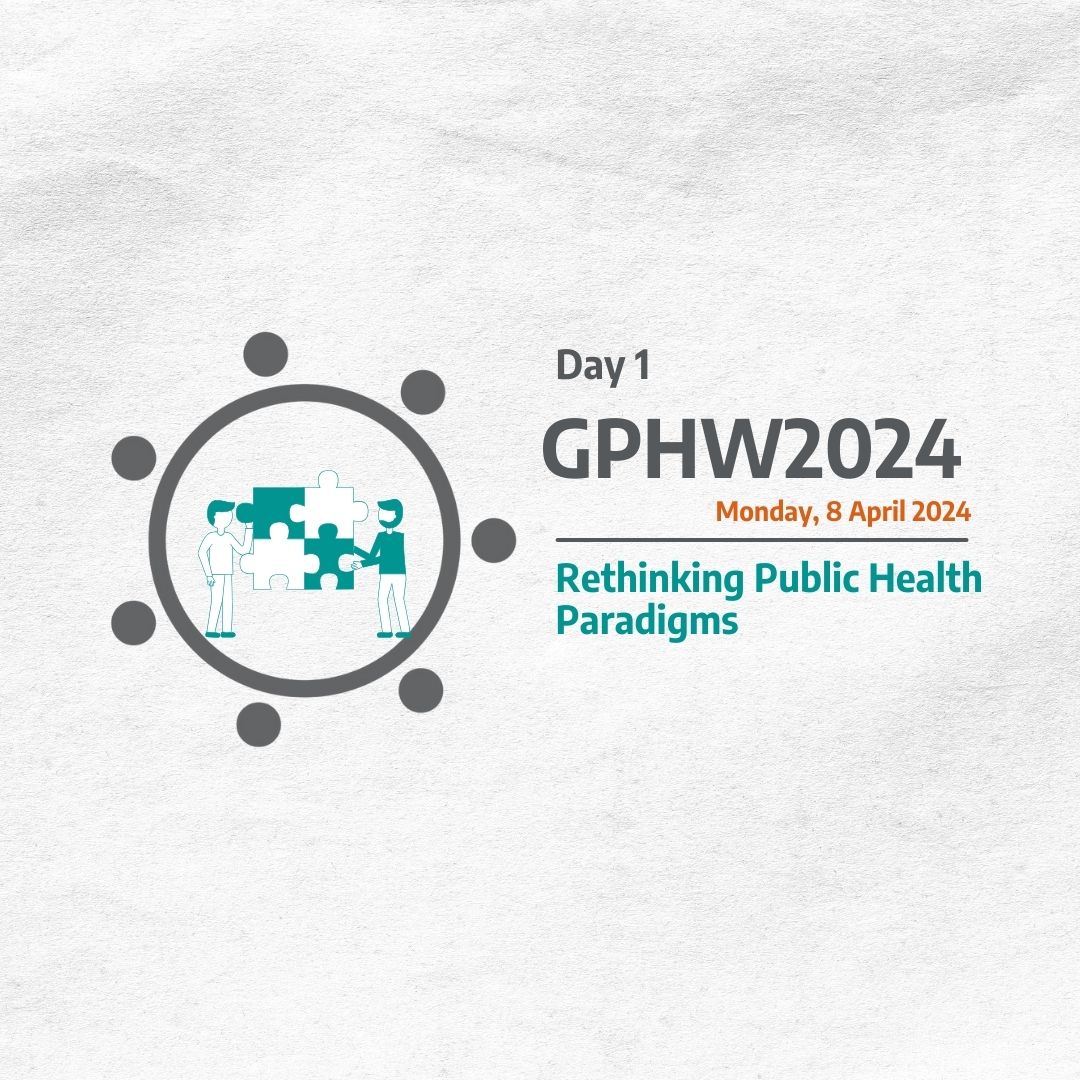




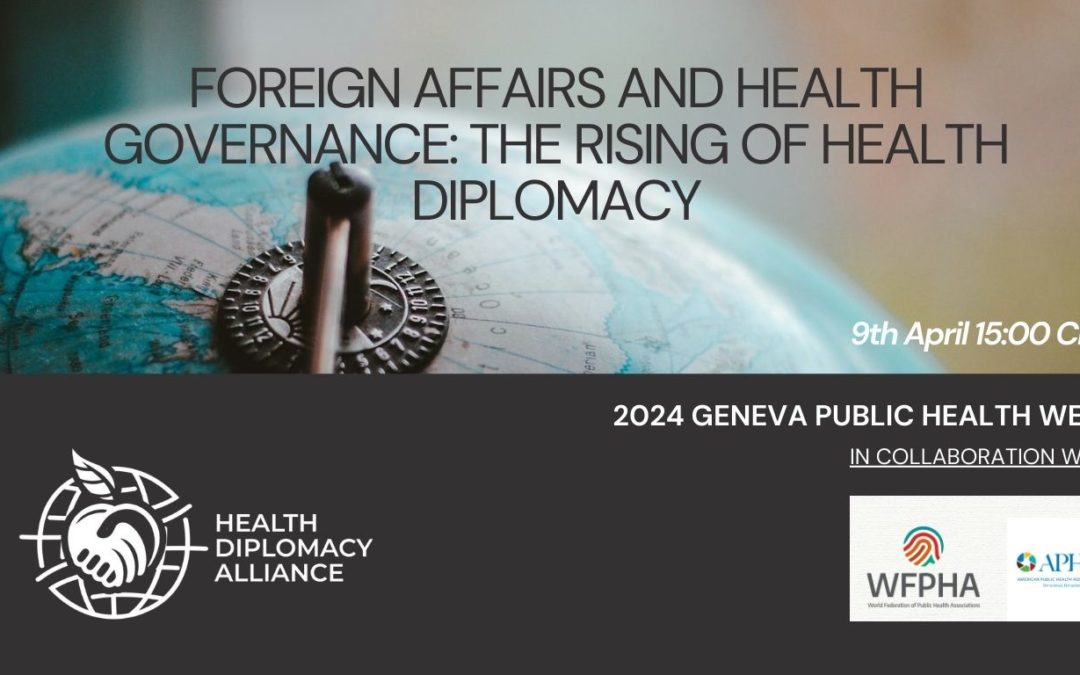
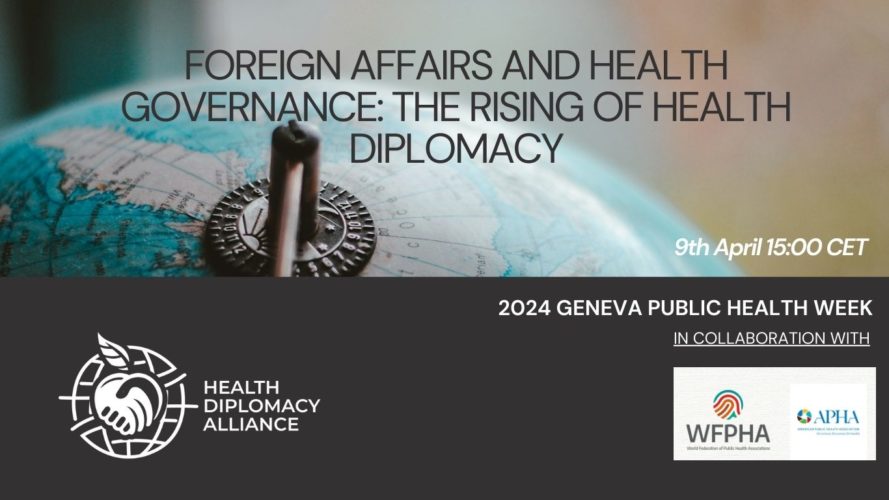
Recent Comments